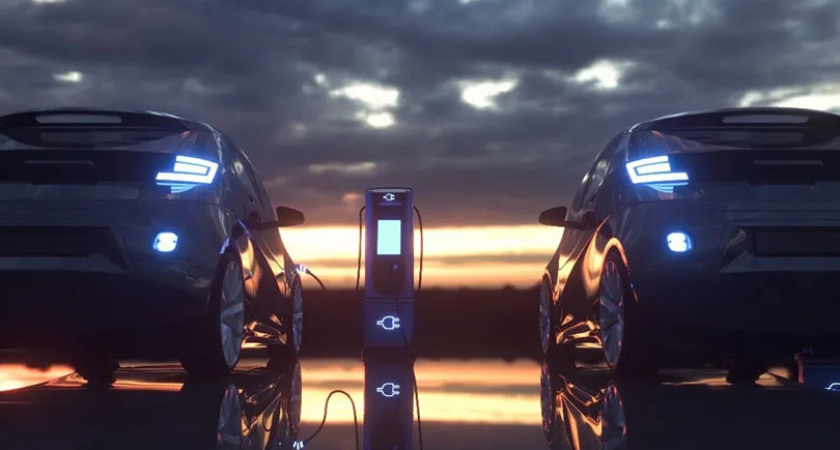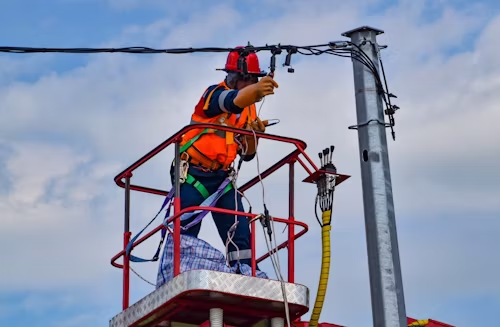
HARRISBURG, Pa. — Pennsylvania has become the first state in the nation to receive federal approval to continue expanding its electric vehicle (EV) charging network, marking a major milestone for both transportation innovation and clean energy infrastructure.
The approval comes under the National Electric Vehicle Infrastructure (NEVI) program, first launched by the Biden administration to expand EV accessibility across the country. Former President Donald Trump froze funding for the program in his first days in office, later requiring states to resubmit their plans under stricter guidelines. Despite the shift, Pennsylvania emerged as a leader by adapting quickly and locking in investments.

Last week, the state announced it had earned a “Full Build-Out Certification” from the U.S. Department of Transportation — the first in the country to do so. This certification confirms that Pennsylvania has successfully met requirements to build or commit to charging stations every 50 miles along federally designated Alternative Fuel Corridors.
With this milestone, Pennsylvania now has the green light to expand into additional areas through a discretionary program known as Corridor Connections funding.
“Thanks to our team’s diligent work in 2023 and 2024, and Gov. [Josh] Shapiro’s persistent efforts to secure congressionally appropriated funding, we’re in a position to continue making EVs more accessible for PA travelers,” said Mike Carroll, Secretary of Pennsylvania’s Department of Transportation. “That quick action ensured Pennsylvania could adapt to national program changes while locking in investments for Pennsylvania.”
The state expects to request about $20 million through Corridor Connections to add 24 more charging stations in high-traffic areas. Applications for funding open Monday, with grants expected to be awarded early next year.
Pennsylvania currently has 20 operational charging stations funded under NEVI, including the most recent opening at a Sheetz convenience store on Freeport Road near the Pennsylvania Turnpike’s Harmar interchange. In total, the state was originally allocated $171.5 million over five years to build 150 charging stations by 2026. However, when funding was temporarily frozen, about $59 million for 90 projects was already under contract. The future of the remaining $112 million is still uncertain under Trump’s revised rules.

The NEVI program was central to President Biden’s economic recovery and climate agenda, authorizing $5 billion in formula funds for states and $2.5 billion in competitive grants to build 500,000 charging stations nationwide. Biden also coupled the plan with consumer incentives to reduce the upfront cost of EV ownership while promoting job creation in manufacturing and construction tied to the charging network.
Trump, however, argued that consumers should not be pushed toward more expensive electric vehicles and rolled back several financial incentives. His administration has favored looser environmental regulations, though in August, Transportation Secretary Sean Duffy said the federal government would allow the program to continue “under new guidelines with fewer restrictions,” despite ongoing skepticism about its environmental impact.
Looking ahead, Pennsylvania’s certification positions it not only as a leader in EV adoption but also as a potential model for other states navigating the evolving policy environment. Beyond urban corridors, state officials expect future funding rounds will prioritize rural and economically disadvantaged areas, ensuring EV adoption reaches communities traditionally left behind in infrastructure development.
With the combination of federal funding, state-level leadership, and private sector partnerships, Pennsylvania is charting a course that could reshape how travelers power their journeys. The state’s efforts highlight the broader transition underway in the U.S. — balancing environmental goals, economic growth, and political debate over the future of transportation.
Originally reported by Ed Blazina in Pittsburg Union Progress.